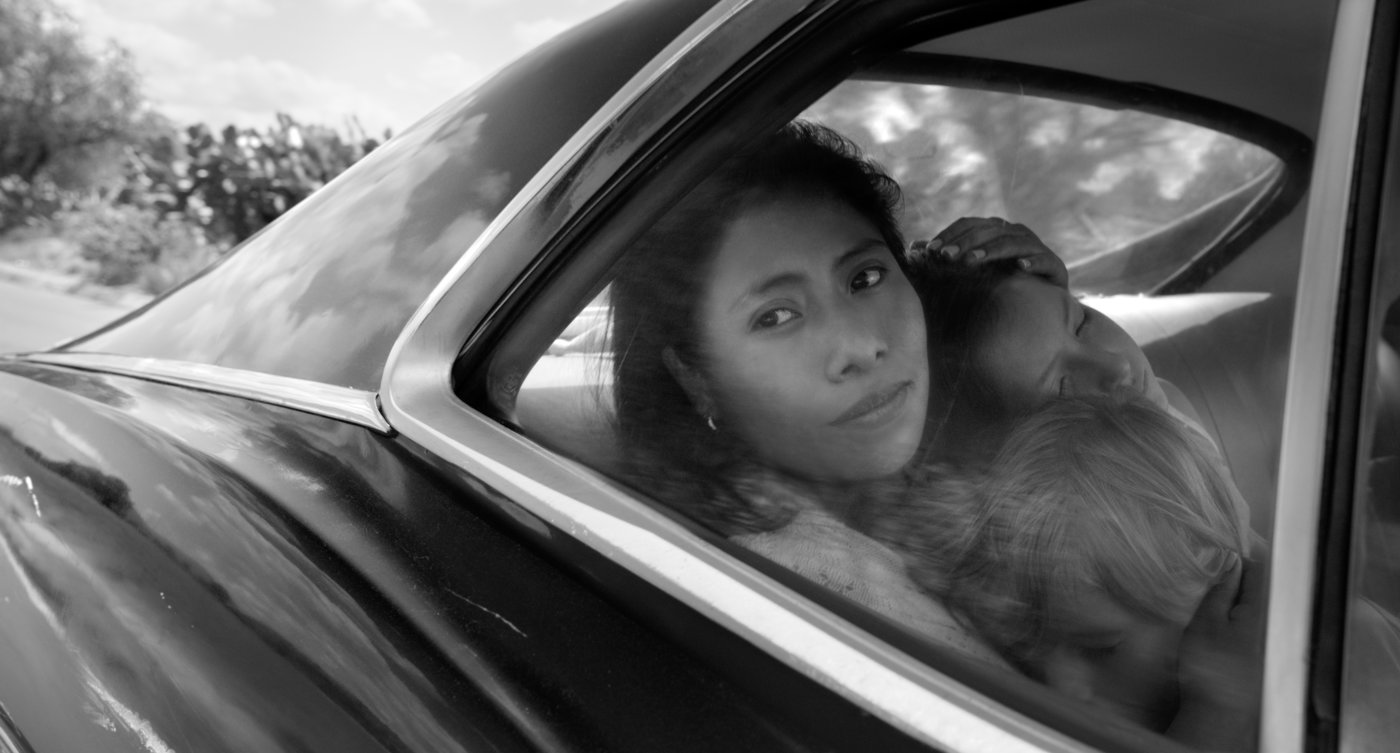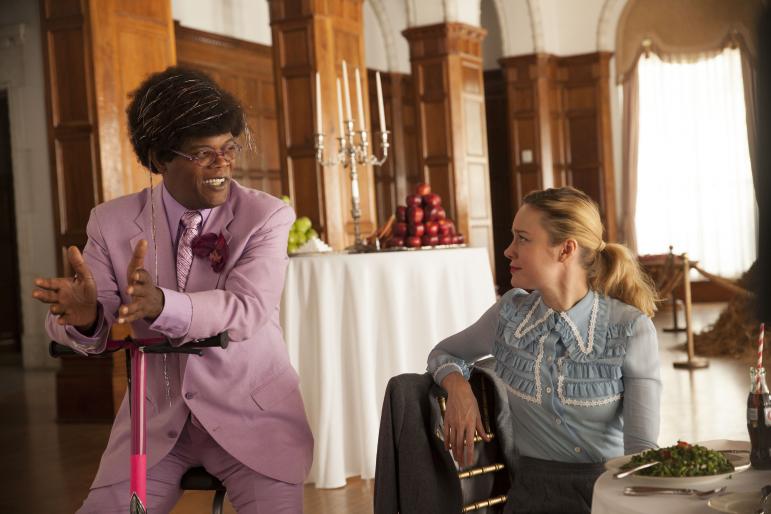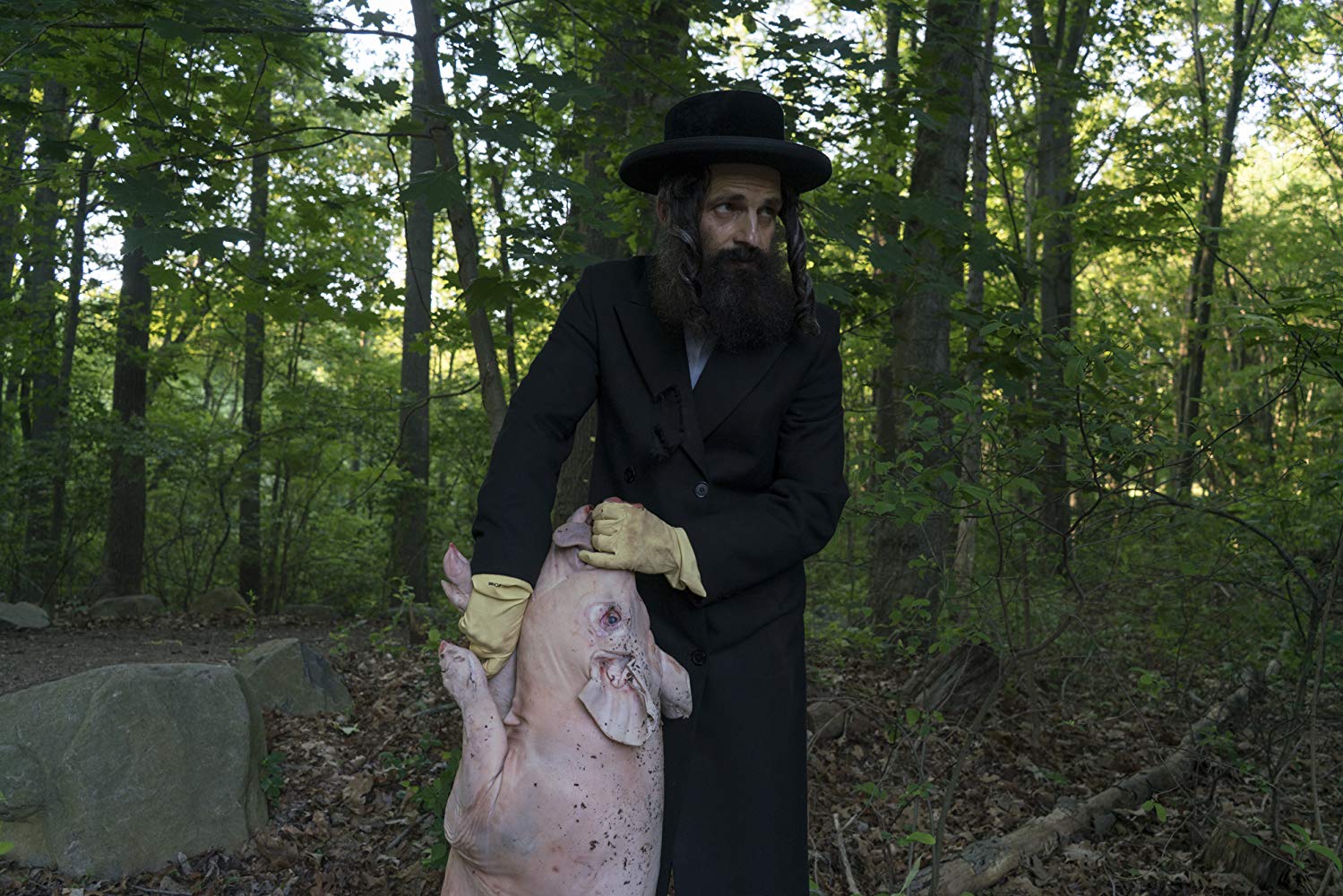Roma is a love letter to a past friend. It’s the kind of movie you make when your memories are sweet and your heart is so full that you cannot express yourself in any other fashion. AND … Roma is the kind of film people actually watch when you are director Alfonso Cuarón, because you’re certainly not going to watch it otherwise. Plotless 1970s black and white Fellini-esque memories of a servant woman scraping dogshit off the nestled carport floor ain’t gonna do it for most folks. ¿Entiendes?
It’s hard for citizens of the United States to remember that the European settlers of Central and South America also had huge issues with the people they found when they got there. Native Americans descended from Aztecs in Mexico face just as much prejudice where they are as Native Americans do in our country – so crafting a heartfelt tribute to one is, by itself, a statement of rebellion. Go Cuarón; be the Cuarón out there. In fact, there’s a lot to love about this picture; it’s just too damn bad it takes so long to get there.
Our Aztec-blooded young heroine, Cleo (Yalitza Aparicio) is one of two housemaids for what appears to be an upper-middle class family in 1970 Mexico City. Dad is so picky about parking his carboat over the dogshit, one wonders if he’s that selective about his mistress as well. He sure doesn’t give a rip about his wife Sofía (Marina de Tavira) and four children. The first half of the film is almost entirely concerned with the subservience and mundanity of Cleo’s life – she cooks and cleans and wakes and serves. She’s fond of the children, but when even a small conflict arises, she is a servant, no question. The highlight of Act I is her lover doing a full frontal naked samurai routine with a shower curtain rod instead of a sword. I’m not kidding.
Yeah, he’s a soldier, not afraid any enemy, but you should see the fear in his eyes when Cleo mentions she missed a period. Oh, you’re all tough with a gun, but when an actual man is needed, you’re a snowflake. Typical. Racism comes both in subtle and unsubtle in Roma. The former is illustrated by a depressing incivility whenever the fam faces hardship; Cleo is the first tongue-lashing casualty of hurricane Sofía when it’s clear dad ain’t comin’ back. Among the latter, Loverboy as much as says Cleo is good enough to screw, but not marry. Honestly, none of the first half made me long for the second.
Note to self: don’t ever underestimate Cuarón; whenever it looks like he’s lost it, be patient. Indeed, the longer the picture runs, the more intense it get s and the more emotionally invested you get. An hour of Cleo and I can’t remember her name; by the end of the film, she feels like part of my own family. Quite frankly, I found the first twenty minutes a complete waste of time and it took ages for something significant to happen, but when it did, yikes. Why’d you wait so long, pal?
s and the more emotionally invested you get. An hour of Cleo and I can’t remember her name; by the end of the film, she feels like part of my own family. Quite frankly, I found the first twenty minutes a complete waste of time and it took ages for something significant to happen, but when it did, yikes. Why’d you wait so long, pal?
Roma is a film I respected a great deal more than I enjoyed. Yes, I can see the Federico Fellini influence. Yes, I see homages to Fellini scene design. I do believe the title “Roma” is simply “Amor” (“love”) in reverse, with an Italian twist (wish I could claim this discovery, but it was my sister who pointed out this bit of clever). Here’s the thing: I don’t really like Fellini films; I find them a bit sexist and godawful boring. Sorry; I’m just not that kind of critic and never will be. So the best I can say is this film was certainly done by a professional hand and had me riveted by the end, but for a while there, Roma put me in a coma.
While Alfonso is so oft a showman
This one kicks you right in the abdomen
It takes constitution
To endure til solution
When in Roma, do as the yeoman
Rated R, 135 Minutes
Director: Alfonso Cuarón
Writer: Alfonso Cuarón
Genre: Patience required
Person most likely to enjoy this film: Cleo, whoever Cleo is/was
Person least likely to enjoy the film: The b&w intolerant



